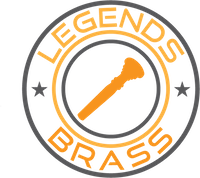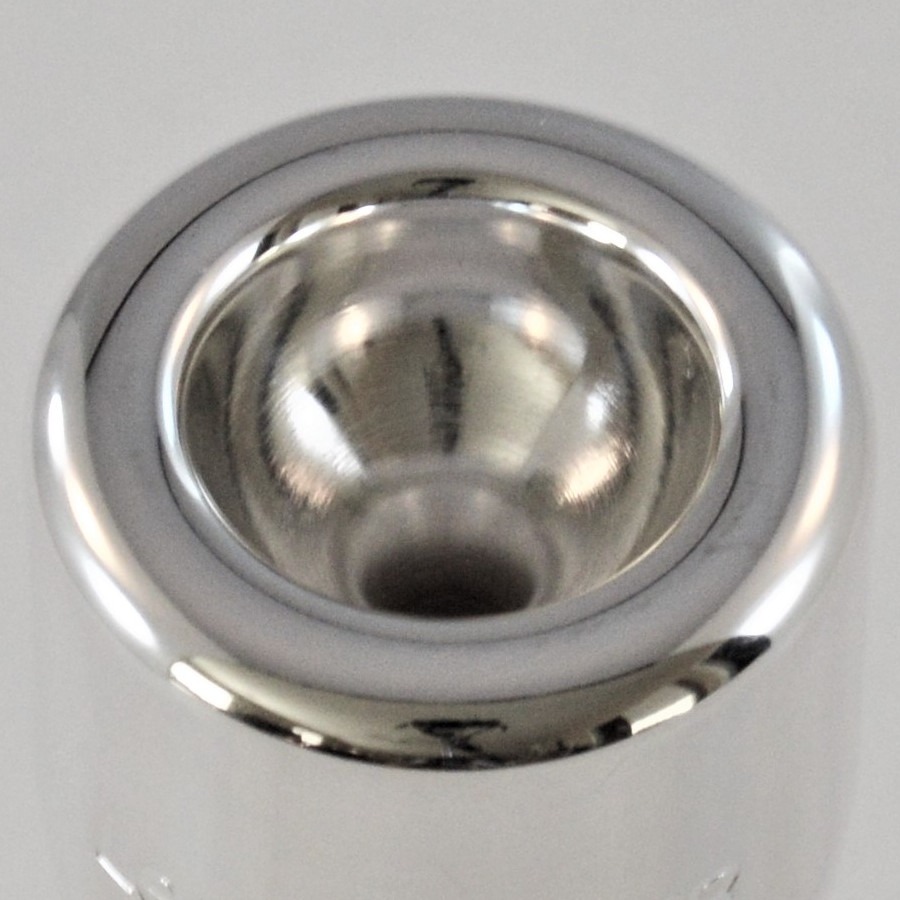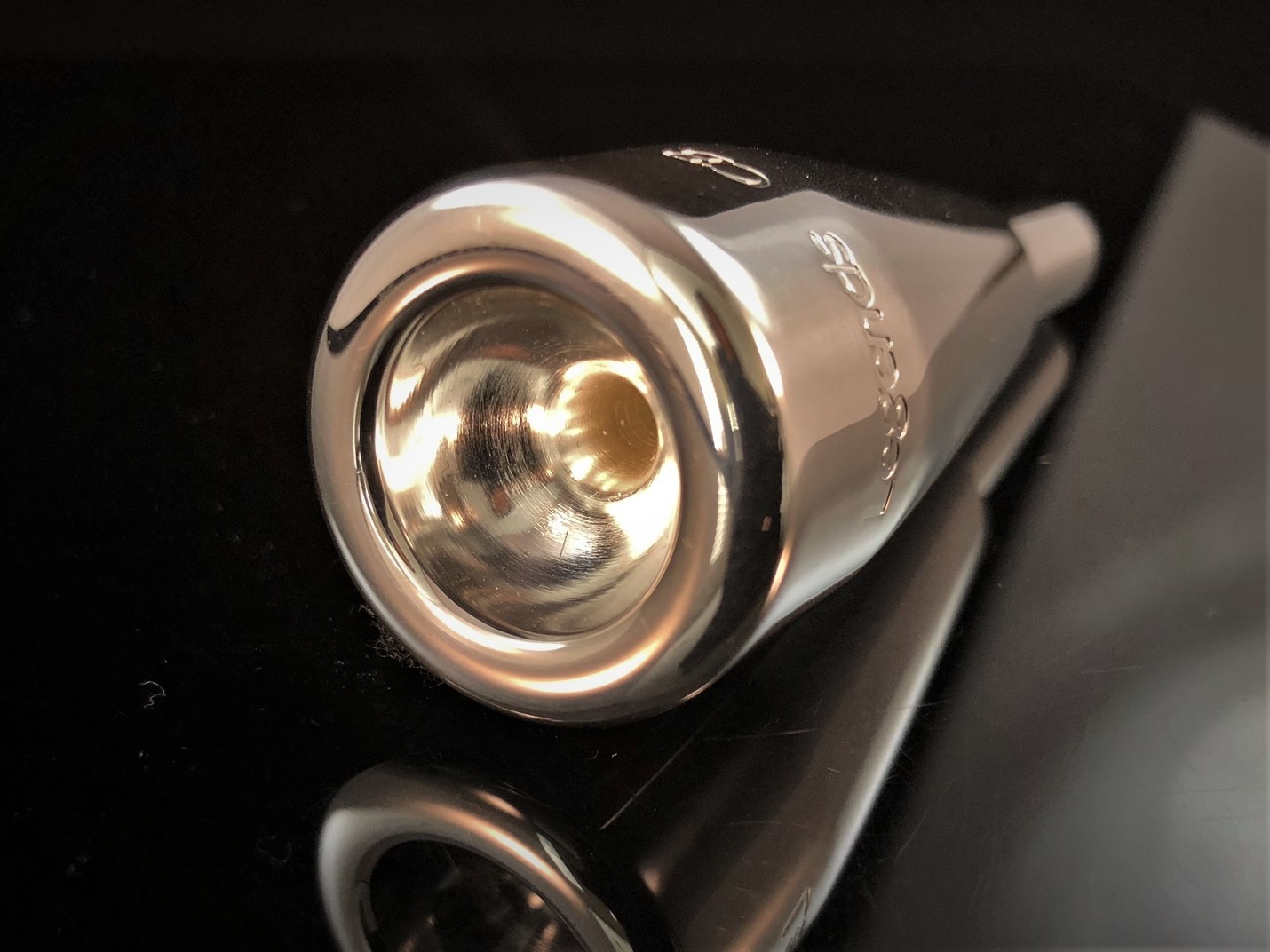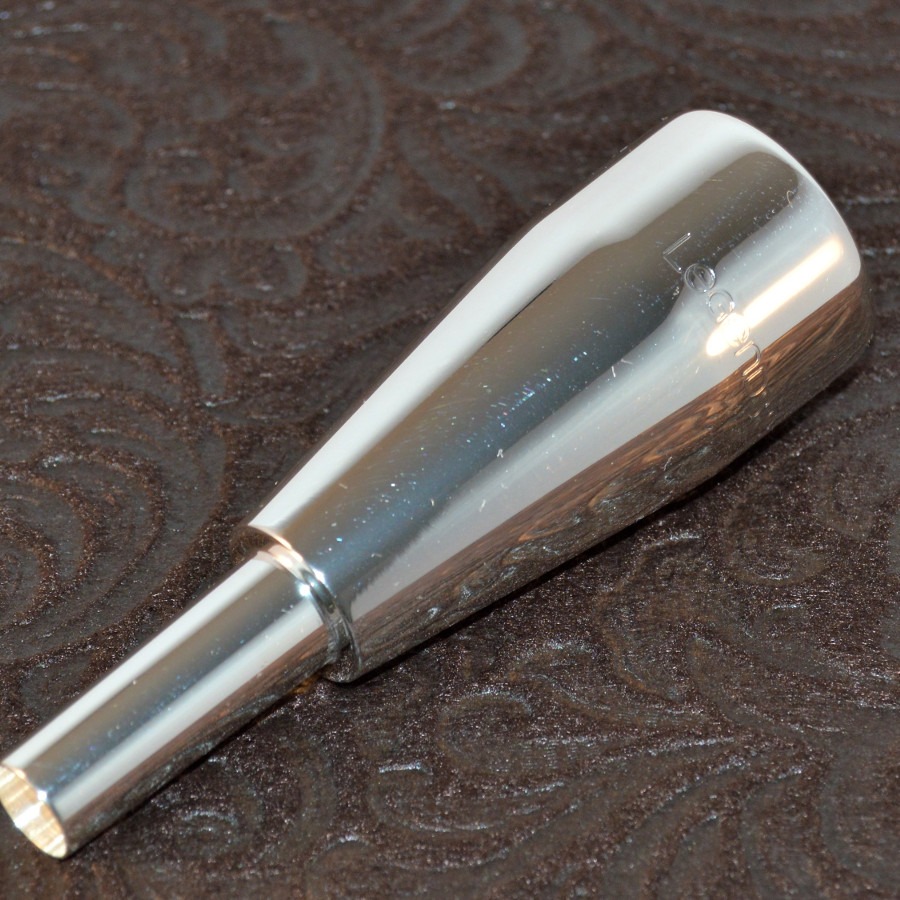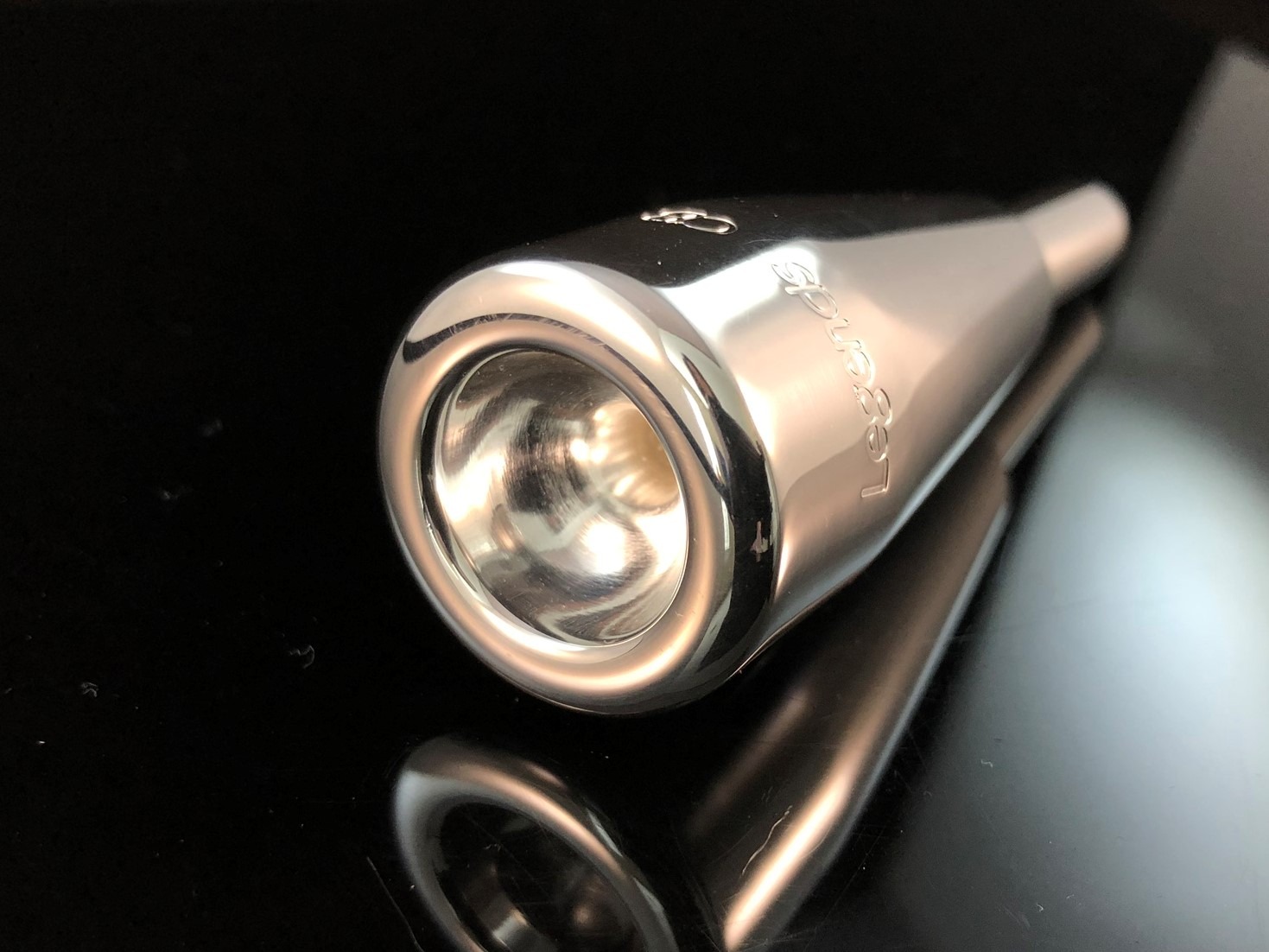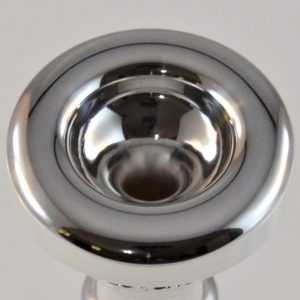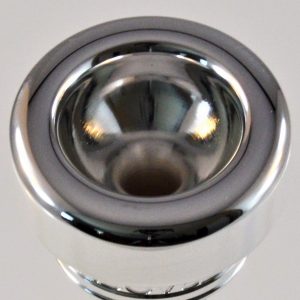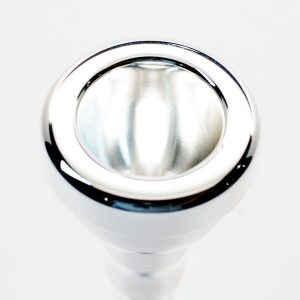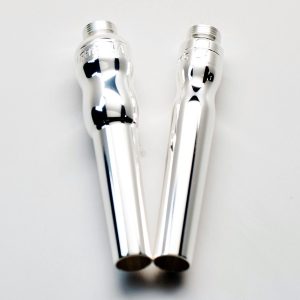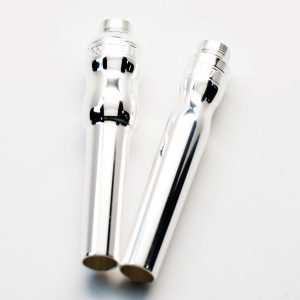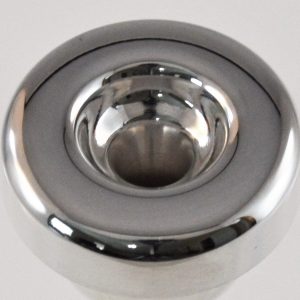Description
The Legends CB was inspired by a mouthpiece like the legendary Chet Baker played in the early 1970’s, at the beginning of his comeback. The rim is flat on top but medium sharp on the inside going into the cup, with a comfortable inside diameter of .639″. The cup is medium depth, similar to Bach C. These elements are identical to what Chet Baker used. Legends Brass has added an open throat (#25), which works well with the Legends Chicago backbore to create a broad sound with an open blow. The Big Daddy blank adds mass to further broaden and darken the sound. This mouthpiece can create a clear tone with precise articulation and great projection when pushed, but still delivers that soft, dark and romantic Chet Baker sound for relaxed, lyrical melodies.
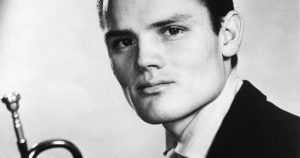
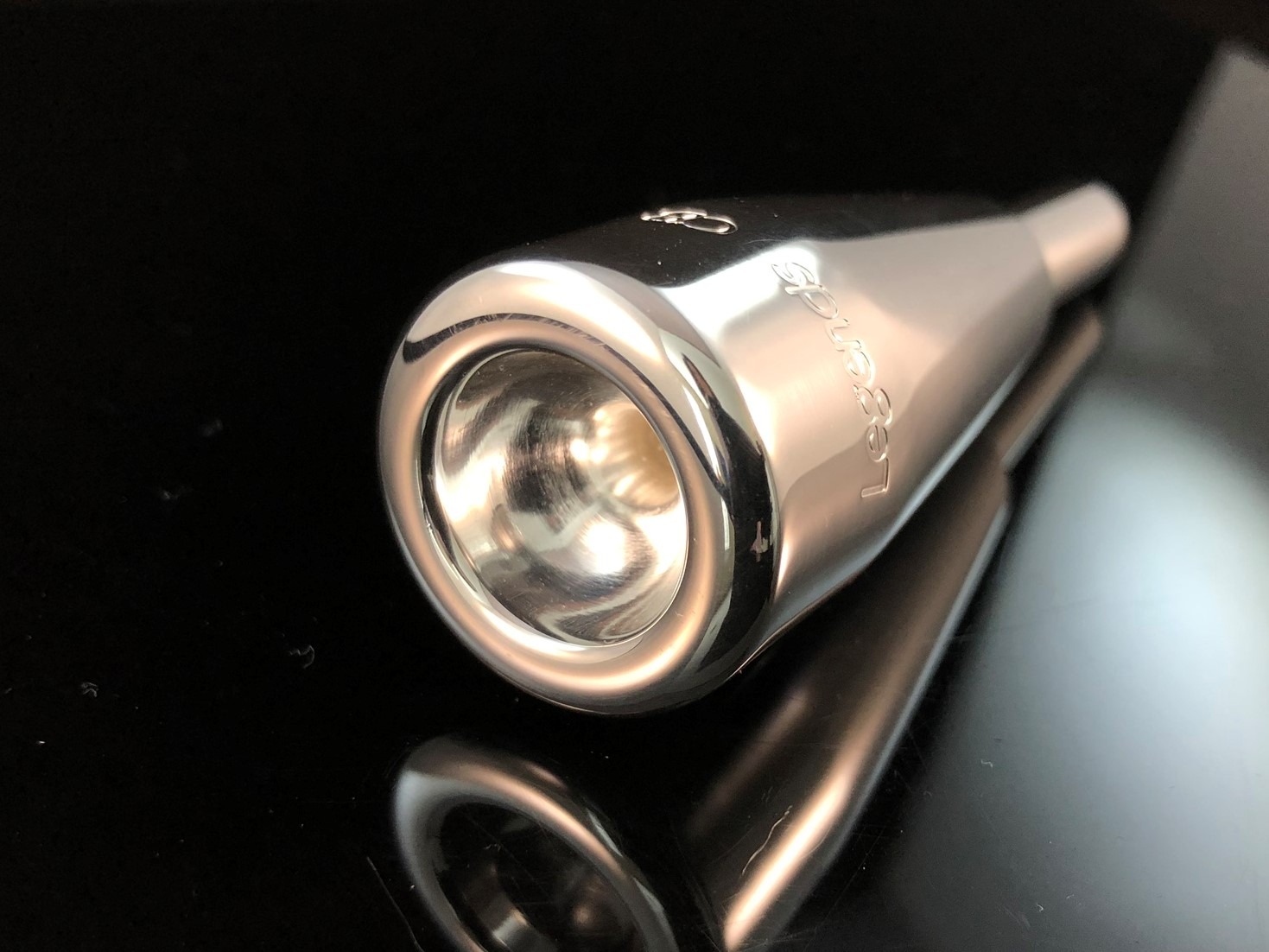
Chet Baker Bio
Chet Baker (Chesney Henry Baker, Jr.) was born on December 23, 1929 in Yale, Oklahoma. As a child, he briefly tried trombone but then switched to trumpet and immediately fell in love. As time went on, his natural musical ability emerged. He received some formal music training in middle school and high school band, but dropped out of school and joined the U.S. Army in 1946 at the age of 16. He played in the 298th Army band in Berlin, Germany while stationed there. After his discharge, he studied music theory and harmony at El Camino College in Los Angeles for a couple of years until re-enlisting in 1950. During this time he was a member of the Sixth Army Band at the Presidio in San Francisco, while also spending time at jazz clubs in the area. In 1951 he was discharged again and began his career as a professional jazz musician.
In the early 1950’s Baker performed and recorded with jazz greats such as Stan Getz, Charlie Parker and the Gerry Mulligan Quartet. In 1953, while with the Gerry Mulligan Quartet, he recorded “My Funny Valentine”, which is an icon of West Coast jazz. After his days with Mulligan, Baker formed his own quartet with a rotating group of well-known musicians. They won reader’s polls at Metronome and Down Beat magazines. He also began singing and was named top jazz vocalist by Down Beat magazine in 1954. His acting debut came in the film Hell’s Horizon in 1955. By the mid 1950’s Baker had begun to tour and perform in Europe, which he did frequently throughout his career. In early 1957 he toured the U.S. with the Birdland All-Stars, and then took a group to Italy later that year. The 1950’s are considered by most to be the peak of his career. He was recording and performing frequently both on trumpet and vocals, and his good looks had won him an acting career in Hollywood.
Chet Baker was undeniably a gifted trumpeter, singer and performer, but his personal life was tarnished by drug addiction. By the early 1960’s his addiction to heroin began to have significant impacts on his life and career. He was incarcerated on drug charges multiple times. He sometimes pawned instruments to buy drugs. He may have agreed to questionable recording contracts because he needed drug money. He was expelled from several European countries because of drug offenses, and as a result moved frequently. He was able to continue performing and recording, however, until his embouchure was significantly changed due to a fist fight in 1966. As a result, he completely stopped playing the trumpet for a time.
After getting dentures, Baker spent the next few years developing a new embouchure. His comeback began with a club engagement in New York City in 1973, followed by a reunion concert with Gerry Mulligan at Carnegie Hall in 1974. From the late 1970’s until his death he spent most of his time performing in Europe with occasional visits to the United States and Japan. His music extended into the realm of rock and roll, notably with Elvis Costello in the early 1980’s.
On May 13, 1988, at the age of 59, Baker was found dead on the street below the open window of his hotel room in Amsterdam. He had been using heroin and cocaine, and his death was ruled an accident. It was a tragic end to a career spanning almost 40 years. Chet Baker broke the rules all his life. He had very little formal training in music, and mostly played by ear. Yet he is considered one of the most gifted trumpet players of all time, and an award-winning vocalist. He dropped out of high school at 16 and served our country in the military, but also served time in jail on numerous occasions. He was not committed to a particular horn or mouthpiece, he didn’t stay with any one musical group for a long stint, and he constantly moved around from place to place. And yet, over the course of four decades, he consistently created music that is indescribably beautiful in depth of emotion, color of tone, sincerity and creativity. Chet Baker’s music is his triumph over a life of turmoil.
References:

